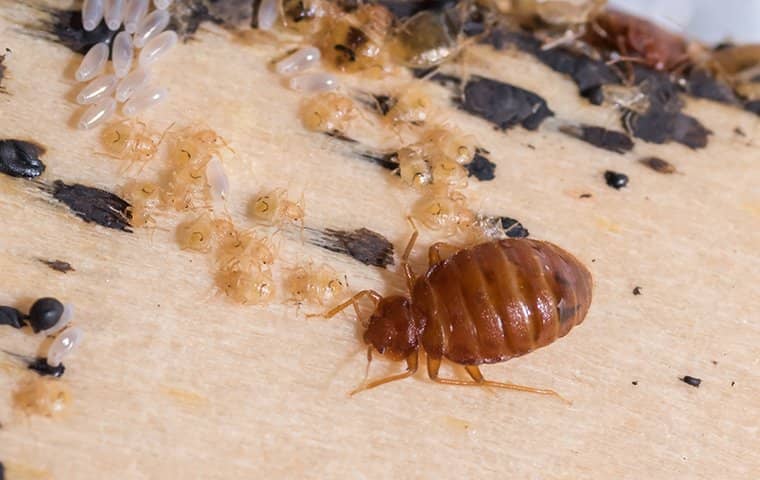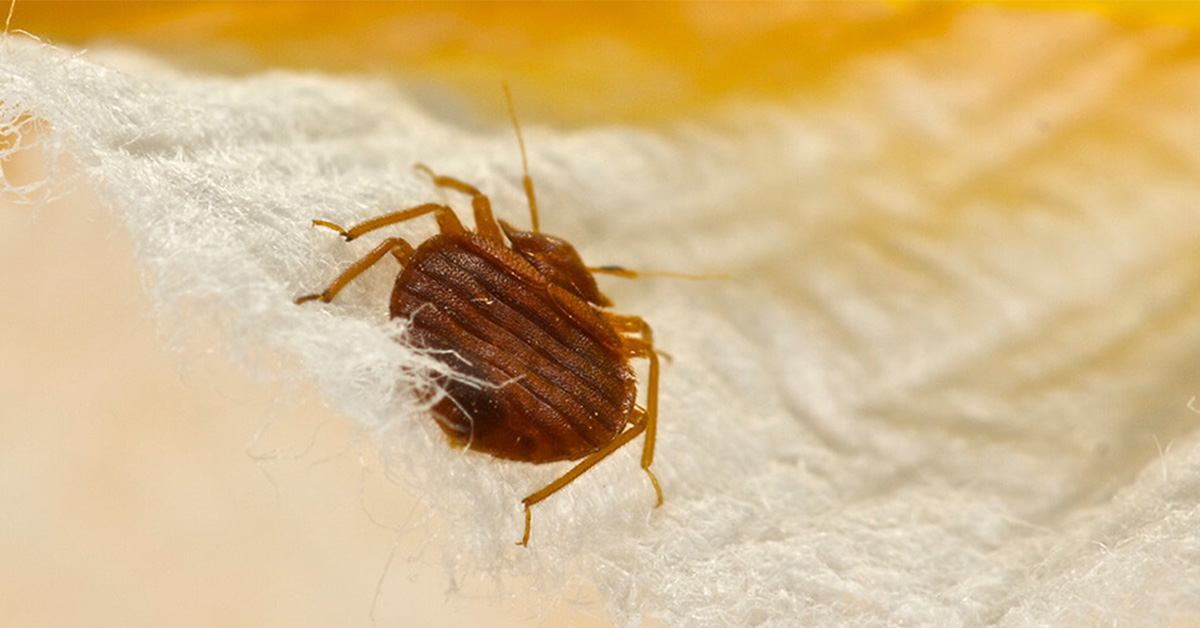Kings Exterminator Cincinnati: Reliable Pest Administration
Kings Exterminator Cincinnati: Reliable Pest Administration
Blog Article
Types of Bug Control: Which Approach Is Right for Your Infestation?
When faced with an insect invasion, the choice of a proper approach for bug control is essential in efficiently handling the circumstance. By checking out the different kinds of parasite control approaches readily available, people can make informed decisions tailored to their one-of-a-kind circumstances, making certain a much more lasting and effective result in pest obliteration.
Chemical Parasite Control
Chemical bug control involves the use of synthetic or normally obtained chemicals to manage and eliminate pest populaces effectively. This method is typically made use of in agriculture, forestry, and property settings to fight a vast range of pests, consisting of insects, weeds, and rats. Making use of chemical pesticides can offer fast and targeted options to pest problems, making it a preferred selection for lots of individuals and companies.
Among the vital advantages of chemical pest control is its capability to swiftly get rid of pests, lowering the threat of damage to plants, residential or commercial property, and human wellness. By using particular chemicals that target specific parasites, this method can successfully control invasions while decreasing injury to useful organisms and the setting when applied properly.
However, making use of chemical bug control additionally increases concerns about prospective adverse impacts on non-target types, water resources, and human wellness. It is essential to adhere to safety and security standards, apply chemicals sensibly, and think about alternate parasite control approaches to lessen these dangers and make certain lasting insect management practices.
Biological Bug Control
Biological bug control, also called biocontrol, makes use of living microorganisms to reduce and take care of parasite populaces naturally. This approach uses the power of nature to manage pests without the requirement for artificial chemicals. Biocontrol can involve the intro of all-natural enemies of the insect varieties, such as bloodsuckers, pathogens, or killers, to reduce bug populations. By using the insect's natural killers or pathogens, organic bug control supplies a eco-friendly and sustainable option to pest management.

Mechanical Pest Control
Using physical and hand-operated techniques to manage insect populaces, mechanical pest control offers a different strategy that does not rely on making use of living microorganisms or artificial chemicals. This technique entails the usage of barriers, traps, or various other devices to literally discourage or eliminate parasites. By obstructing parasite entry points or establishing traps to catch them, mechanical pest control can successfully reduce problems without introducing chemicals into the environment.
One typical example of mechanical insect control is the usage of mesh screens on windows and doors to avoid insects from entering buildings. This basic yet efficient approach serves as a physical obstacle, maintaining parasites out while enabling for proper air flow. In addition, tools like mousetraps, fly swatters, and ultrasonic repellents drop under the mechanical insect control classification.
While mechanical parasite control approaches can be labor-intensive and call for normal tracking and upkeep, they supply a sustainable and eco friendly remedy for taking care of insect infestations. By combining various mechanical techniques, property proprietors can develop an extensive parasite control technique that lessens dependence on chemical pesticides.
Physical Parasite Control

Some usual physical bug control approaches consist like it of using barriers such as screens or internet to stop bug entrance, traps to catch and remove pests, and hand-picking to physically remove insects from plants or structures. Additionally, methods like heat therapies can be made use of to manage parasites like bed bugs by increasing the temperature to degrees that are deadly to the bugs.
Physical bug control is especially useful in incorporated insect management (IPM) methods, where numerous bug control techniques are incorporated for effective check here bug administration while reducing making use of chemicals. By making use of physical bug control techniques, individuals can efficiently address parasite infestations with marginal environmental influence.
Integrated Pest Administration
When carrying out physical pest control approaches as part of pest administration strategies, Integrated Pest Administration (IPM) becomes a thorough technique that leverages various techniques to effectively control pest populaces. IPM concentrates on lasting prevention of parasites via a combination of biological, social, physical, and chemical devices tailored to specific bug concerns. By incorporating numerous control techniques, IPM intends to lessen the threats connected with parasites while additionally lowering reliance on chemical services.
One secret element of IPM is the focus on tracking and examining pest populaces to identify the most appropriate control approaches. This proactive method allows for early intervention and targeted methods, leading to much more effective pest monitoring. In addition, IPM advertises ecologically friendly practices by focusing on non-chemical control methods and only making use of pesticides as a last resource.
Final Thought

By utilizing the bug's all-natural killers or virus, biological pest control provides a lasting and eco friendly option to pest monitoring. - Kings Bed bug exterminator Cincinnati
Making use of hands-on and physical approaches to take care of bug populaces, mechanical pest control provides an alternate strategy that does not depend on the usage of living organisms or artificial chemicals.An effective technique to handling bug populations without depending on chemical or biological approaches includes the use of physical bug control techniques.When executing physical bug control techniques as part of insect management methods, Integrated Insect Administration (IPM) arises as a comprehensive method that leverages numerous methods to properly manage pest populations. Chemical pest control involves the use of chemicals, biological parasite control utilizes natural killers, mechanical bug control involves physical barriers, physical bug control includes trapping or removing insects, and incorporated parasite management combines numerous methods for an alternative strategy to pest control.
Report this page